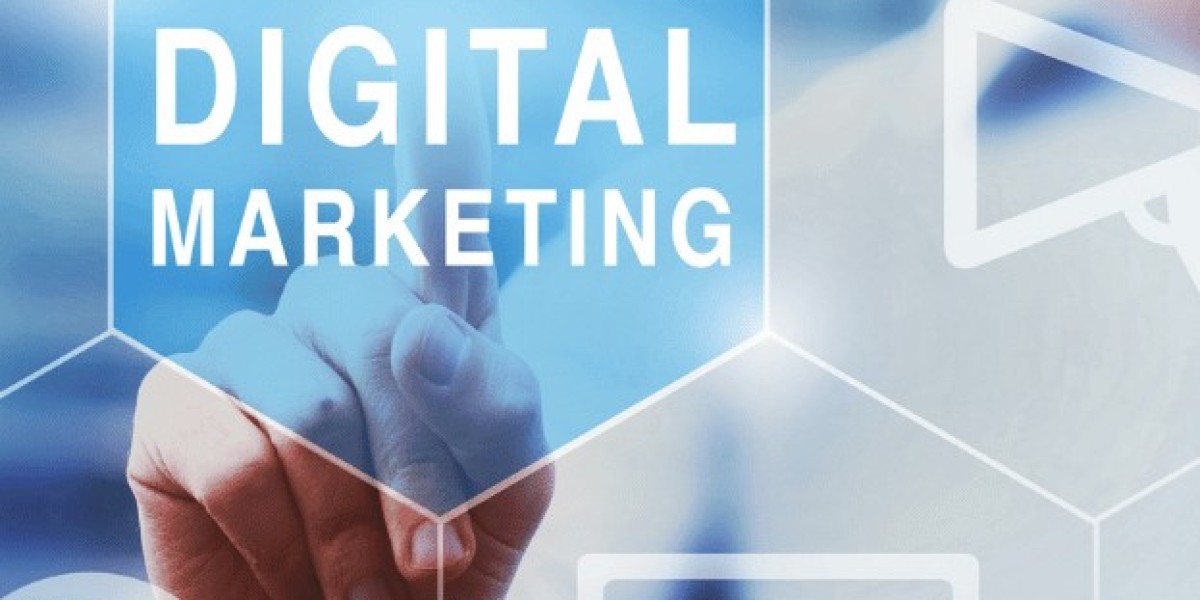Crafting this strategy requires a deep understanding of your company’s goals, target audience, budget, and the digital tools at your disposal. In this comprehensive guide, we’ll walk you through the critical steps to create a winning digital marketing plan tailored to your business needs.
Setting Clear Digital Marketing Goals
The foundation of any successful marketing strategy is clear, measurable goals. Start by identifying the most urgent challenges your business faces. Are you trying to increase sales, improve brand visibility, boost website traffic, or enhance your online reputation? Maybe recruitment or customer retention is a priority.
Your goals should be specific, achievable, and directly tied to these pressing needs. For example, if your occupancy or customer acquisition rate is below target, set a goal to increase it by a measurable percentage over a defined period. If brand awareness is low, focus on expanding your reach and social engagement.
Having well-defined goals allows you to tailor your marketing activities for maximum impact and helps in tracking progress effectively.
Understanding and Defining Your Target Audience
Knowing your audience inside out is critical. Begin by analyzing your current customers or residents. Identify common characteristics such as demographics, interests, and behaviors. Who makes the purchase decision? Is it the customer themselves or a family member?
Engage directly with your customers through surveys or interviews to uncover the key factors that influenced their decision to choose your business. Are these motivations still relevant?
Leverage your Customer Relationship Management (CRM) system and data analytics to find patterns and geographical information about your prospects. Using this data, you can create detailed buyer personas representing your ideal audience, which will guide your messaging and channel choices.
If you're looking to strengthen these skills, consider enrolling in a digital marketing institute in Ahmedabad to gain in-depth knowledge and practical experience in audience research and data-driven marketing strategies.
Allocating Your Digital Marketing Budget Wisely
Deciding how much to invest in digital marketing can feel daunting. Generally, businesses allocate between 7% and 8% of their total revenue toward marketing, with a growing portion dedicated to digital channels.
A crucial metric to monitor is Cost per Lead (CPL), which measures how much you spend to acquire a potential customer. For instance, if you sell a product with a $50 profit margin, spending $55 on acquiring a lead is not sustainable. However, for high-value products or services, a higher CPL might be justified.
In recent years, companies have increased their digital marketing budgets, recognizing its critical role. Your budget should be data-driven, aligned with your revenue goals, and flexible enough to adjust as you learn what delivers the best return on investment.
Evaluating Website Performance
Your website is often the first interaction customers have with your brand, so its performance is paramount.
Key factors to evaluate include:
- Speed: A slow website can frustrate visitors and increase bounce rates.
- User Experience (UX): The site should be easy to navigate with clear calls to action.
- SEO Optimization: Your content and structure should help you rank well on search engines.
- Mobile Optimization: With the majority of web traffic coming from mobile devices, a responsive design is essential.
- Conversion Rate: Measure how many visitors complete desired actions, such as signing up or making purchases.
Use tools like Google Analytics and Google Search Console to gather data and consider qualitative feedback via user surveys or usability testing.
Don’t overlook website security and privacy compliance. Regularly audit your site for vulnerabilities and adhere to relevant data protection laws to build trust with your users.
Building a Strong Content Marketing Strategy
Content marketing focuses on creating and sharing valuable, relevant content that educates and engages your audience without being overly promotional.
Your content could include blog posts, videos, social media updates, email newsletters, and more. The goal is to provide solutions, insights, or entertainment that positions your business as a trusted advisor.
Effective content marketing boosts organic traffic, generates leads, improves SEO, and nurtures customer relationships. The key is consistency and relevance content must align with your business goals and address the needs and interests of your target audience.
Managing Your Digital Reputation
Online reviews are a powerful form of social proof influencing purchase decisions. Studies show that over 90% of consumers trust online reviews as much as personal recommendations.
For businesses, actively managing reviews builds credibility and trust. Brands with strong positive feedback enjoy higher customer confidence and increased sales. Neglecting reviews or having no online presence can deter potential customers.
Incorporate reputation management into your strategy by encouraging satisfied customers to leave reviews and promptly addressing any negative feedback.
Leveraging Pay-Per-Click (PPC) Advertising
PPC advertising is a powerful way to boost visibility quickly and target specific audiences. To launch an effective PPC campaign:
- Define Clear Objectives: Are you aiming for traffic, leads, sales, or brand awareness?
- Identify Your Audience: Use demographic and behavioral data to focus your ads.
- Choose Platforms Wisely: Google Ads dominates search marketing, but social platforms like Facebook and LinkedIn are also valuable.
- Conduct Keyword Research: Use tools like Google Keyword Planner to find relevant keywords.
- Craft Compelling Ads: Your message should highlight your unique value and include a strong call to action.
- Design Landing Pages: Ensure ads direct visitors to pages optimized for conversion.
- Set Budgets and Bids: Balance your spending against competitive costs per click.
- Analyze and Optimize: Continuously track metrics like click-through rates, conversions, and cost per acquisition to refine your campaigns.
Remember, PPC is dynamic and requires ongoing attention to maximize results.
Measuring Success: How to Know if Your Campaigns Are Working
Without tracking, even the best strategies can falter. Establish Key Performance Indicators (KPIs) linked to your goals, such as:
- Click-through rates
- Conversion rates
- Cost per lead or acquisition
- Customer retention metrics
Utilize tools like Google Analytics and social media insights to monitor user behavior and campaign impact. Employ A/B testing to identify the most effective content, designs, or calls to action.
Focus on the quality of leads over quantity qualified leads that are sales-ready are far more valuable than large numbers of unengaged inquiries.
Should You Hire a Digital Marketing Agency?
Outsourcing to a specialized agency brings expertise, technology, and efficiency that many businesses lack internally.
Advantages include:
- Access to seasoned professionals with industry experience
- Use of cutting-edge tools and software
- Scalability and flexibility for your budget
- Data-driven insights and detailed reporting
- Fresh perspectives and creative solutions
- Timesaving, allowing you to focus on core business activities
However, not all agencies are equal. Choose one that understands your industry, values your goals, and offers transparency and accountability.
Final Thoughts
In today’s fast-evolving digital landscape, a well-crafted marketing strategy is vital for standing out and driving growth. From setting clear goals and knowing your audience to managing budgets, optimizing your website, creating engaging content, and monitoring results every step matters.
Whether you build your strategy in-house or partner with an expert agency, committing to continuous learning and adaptation will keep your business competitive and thriving.
If you’re looking to sharpen your skills or train your team, consider enrolling in digital marketing classes in Ahmedabad. These programs can provide hands-on experience and updated strategies tailored to today’s market trends.
If you’re ready to transform your digital marketing approach or want to explore customized solutions, let’s start the conversation today.







